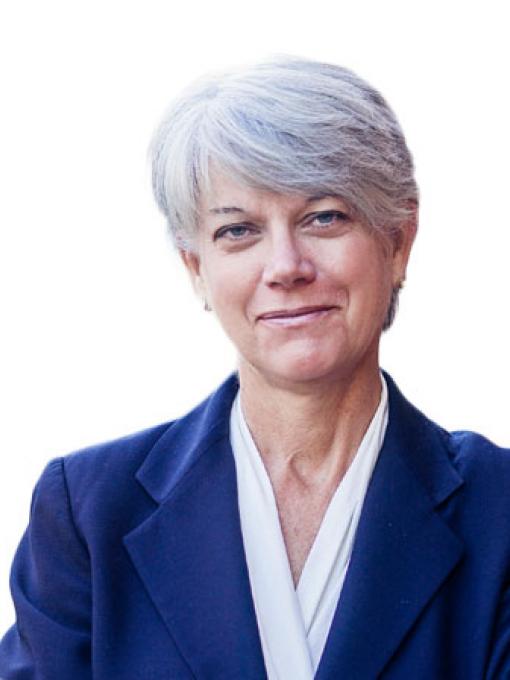Last Saturday, along with millions of women and men, I participated in the Women’s March and heard the familiar refrain: THIS is what democracy looks like.
Standing in front of the Lincoln Memorial, I felt it: the energy that comes from peaceful gathering of tens of thousands, lifting up the force of women in politics through our voices and our votes. It is a call for equality for women and any people who are denied justice because of their ethnicity, their religion, their skin color, their sexual orientation, their income, their immigrant or refugee status. It is a call for a new democracy in the USA, one that truly lives the equality we espouse.
Last week’s government shutdown was caused by a Congress driven more by the impasse on immigration than the absolute necessity to provide for the welfare of every aspect of life in America that is touched by federal funding. Despite overwhelming public opinion in favor of finding a remedy for Dreamers, the fix is being sidelined by a xenophobic immigration position of a few. Touting an ideal of “America First,” this small minority of elected members would deny citizenship to contributing members of our communities who have lived in this country most of their lives.
The racism, the nationalism, and sexism that pervade the current administration counter the story of what makes our country great.
While the Women’s Marches and the government shutdown have dominated the news cycle, this month also brought the anniversary of President Trump’s inauguration as well as the commemoration of Dr. Martin Luther King Jr.’s birth. The stark contrast of King’s vision for this country and the ideals of Trump’s America First are clear. The racism, the nationalism, and sexism that pervade the current administration counter the story of what makes our country great. They counter the vision of the world we seek at FCNL.
Dr. King’s messages of working in love, based on the teachings of Jesus and espousing the non-violence of Gandhi, laid down a way to change the oppressive systems of the injustice of poverty, inequality and militarism. King’s vision for the “beloved community”, shared by millions and millions of people across the globe, requires that we recognize the dignity of every human being. We’re all hungry to be treated fairly, whether that is through work that pays living wages and benefits to live fully; though participation in community and family life; by living our lives without fear of getting sick and having no health care, or losing a job and having no housing.
This ideal of the world we seek, where everyone’s potential might be fulfilled, rests on the power of people working towards a better world for all. This work of organizing, lobbying, and letter writing— carried out by those who were inspired, motivated and energized by the marches and vigils and gatherings to keep working the next day, and the day after that, and the day after that— this work is what democracy looks like.
Democracy looks like quiet, respectful conversations between people about their political differences on the thorny issues of our time—climate change, immigration, nuclear disarmament, human rights.
Democracy looks like the FCNL Advocacy Teams, who are building relationships with their members of Congress by meeting them in their district offices, asking them to speak out against war with North Korea.
Democracy looks like young adults from across the United States showing up at our Spring Lobby Weekend in March to talk to their members of Congress about compassionate and comprehensive immigration reform.
Democracy looks like getting to know candidates who are running for public office—at the local, state and federal levels—educating them on the issues we care about, and pressing them to consider how they will address equality and economic opportunity. And democracy looks like working for candidates you believe in and holding those who are elected accountable. Having more women, people of color, and people with different abilities in Congress—all of these differences can make our democracy stronger by bringing the experiences of those people to the decisions that face a diverse population.
Public statements and gatherings are critical parts of building successful movements. At events like the Women’s March, listening to speakers like United We Dream’s Greisa Martínez Rosas call for justice, standing in the shadow of the United States Capitol, I feel a sense of unity and commitment for creating a better world. I love the idea of “time’s up”, and not only because it’s time to expose sexual harassment and assault: time’s up for a political system dominated by men with wealth who are majority white. I love that the diversity of the Women’s March brings together people of all ages and ethnicities. I love that these events are peaceful and occur across the glove. And I love that we are living in a time that begs each of us to define in a new way what democracy looks like for every person.


